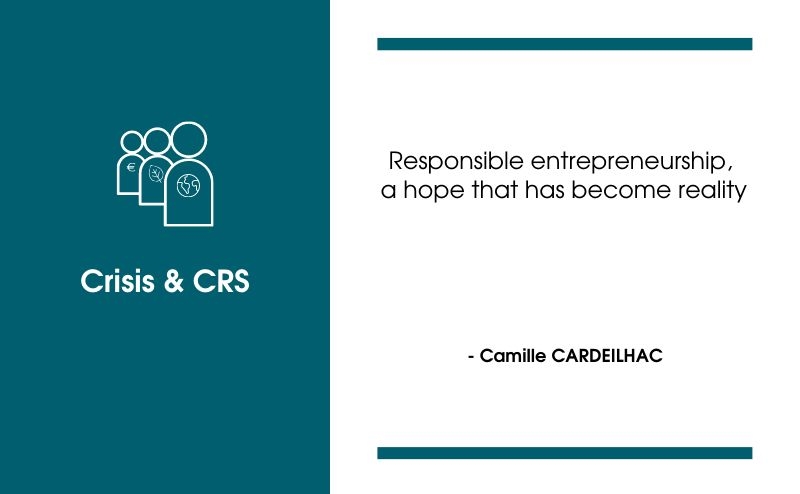
RESPONSIBLE ENTREPRENEURSHIP , A HOPE THAT HAS BECOME REALITY
Camille Cardeilhac (Bachelor’s degree, TBS, class of 2014) is co-founder of Solé, with business partner Manon Bissuel, whom she met during her Master's degree at Montpellier BS.
We are July 2019, Covid does not exist yet, and Camille is in the middle of a round the World trip.
"On a road trip, you carry a backpack and as few things as possible, and because space is limited that includes flip-flops. Like everywhere in the world, flip-flops are the basic ‘shoes’, everyone wears them….. "
However, they are made from plastic and until now there has been no alternative. So, back in France, Camille teamed up with Manon in 2021 and launched Solé . This start-up offers an eco-responsible French flip-flop designed from recycled materials. Unlike plastic flip-flops which are usually made in Asia or Brazil, they are distributed in Europe and produced locally in Portugal.
Crisis & CRS
 |
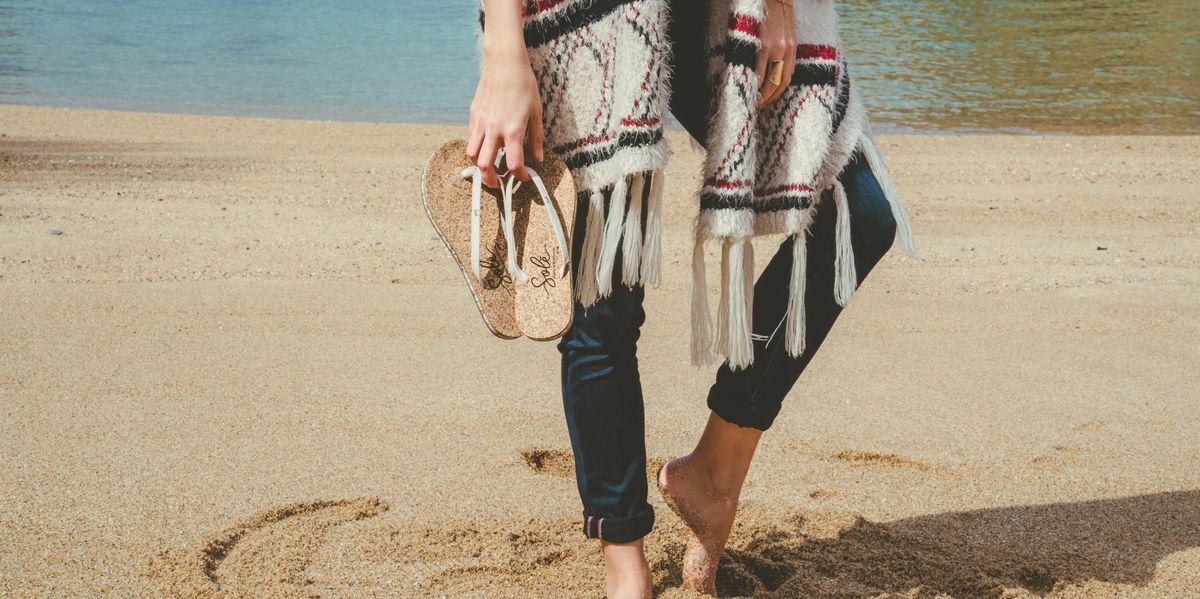 |
Responsible entrepreneurship, a protection against the crisis?
Solé has not really been affected by the health crisis. However, industrial activity has suffered greatly due to a rise in the price of raw materials, notably steel and oil, and consequently plastic. Fortunately for Solé, cork and EVA have risen only a little and the difference has been taken on by their supplier. Similarly, with Covid, World trade was shaken by logistical problems such as when the Suez Canal was blocked for six days in a row at the end of March 2021. But as Solé is produced locally in Portugal and transported by truck, the supply route was not altered.
A dynamic initiated by responsible start-ups
According to Camille, an awareness for the need of a more responsible consumption only applies to a minority of the general public and only affects a certain socio-professional category.
|
However, the emergence of small, committed start-ups such as Bomolet or Solé has considerably changed the demand towards a more ethical and environmentally friendly fashion, creating a dynamic that the big brands now have no other choice but to follow. |
Until now, clothing manufacturers had no interest in moving towards this direction, because it meant investing heavily in R&D to find new raw materials and processes that do not yet exist. But since 2018, brands like Chloe or Burberry have chosen to adapt to compete with this responsible movement.
In the future, Solé aims to develop a beach-wear brand using a maximum of recycled, recyclable and sustainable materials manufactured primarily in France or in Europe.
Is price a barrier to responsible fashion?
Today, many alternatives exist to consume more responsibly. We can see in particular the development of platforms such as Vinted as well as a growing interest in thrift stores. Also, a brand-new concept of renting clothes is emerging, allowing you to renew your wardrobe easily. These options are not only respectful of the environment but are also “good for our wallets”.
However, if you don't want to buy second hand, you can turn to eco-responsible brands like Solé. It is true that at first glance, the price may seem off-putting. But as Camille points out, if you take into account the quality of the product and its low ecological footprint then you quickly understand that you are getting a good deal as well as doing a good deed. The price of a pair of Solé flip-flops, made of recycled material and manufactured locally is 42 € , while Quicksilver flip-flops will easily cost you 45 € and a pair of Havaianas is at 30 € , as they are produced for only a few euros or even cents , and they are easily broken. Solé's gambit has been to lower the margin to 37% of the purchase price to make the flip-flop more accessible.
In the future, Solé aims to develop a beach-wear brand that remains in the spirit of flip-flops as well as beach accessories such as hats, caps, and towels... using recycled, recyclable and sustainable materials as much as possible and manufactured primarily in France or Europe.



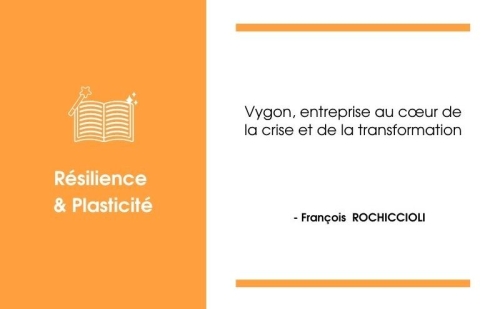
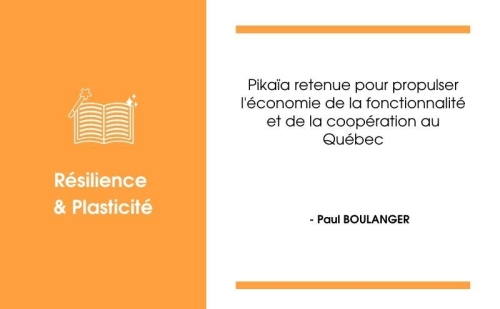
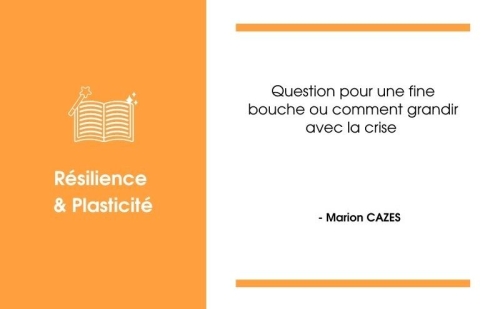
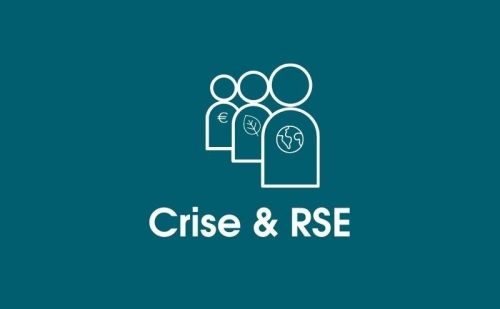
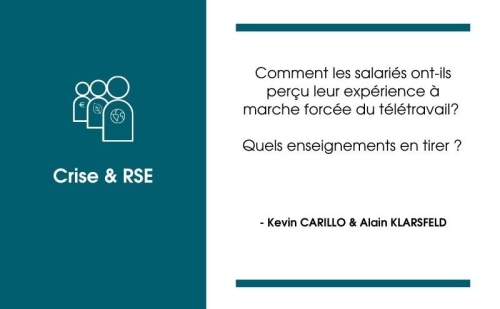
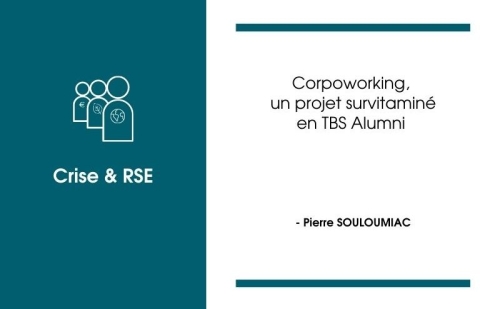
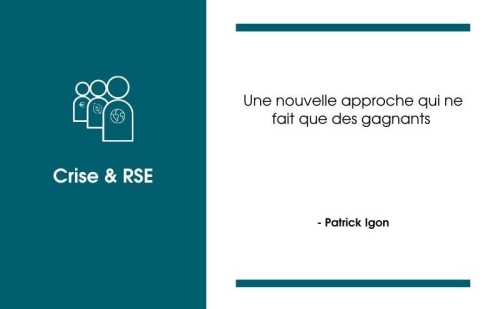
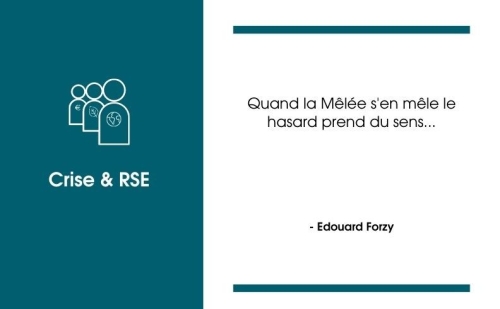
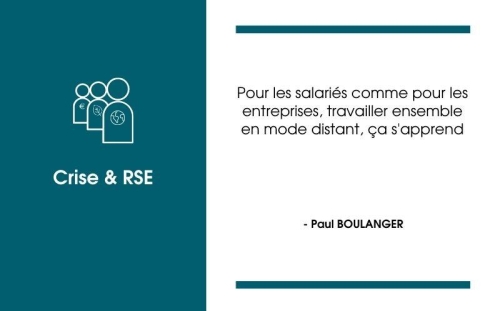
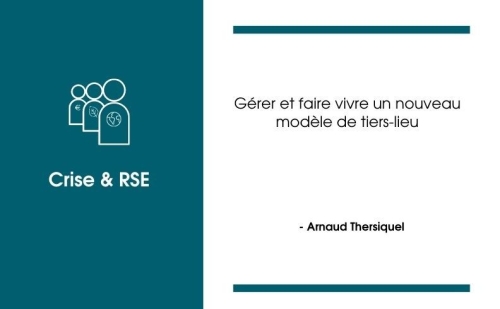
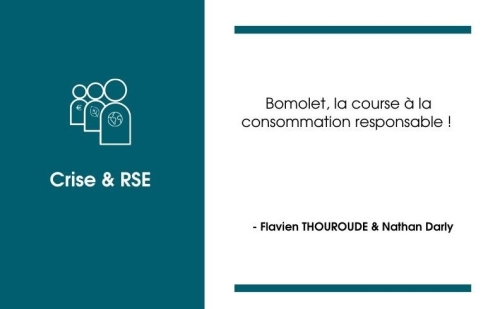
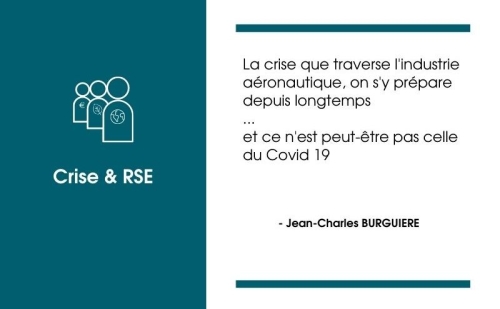


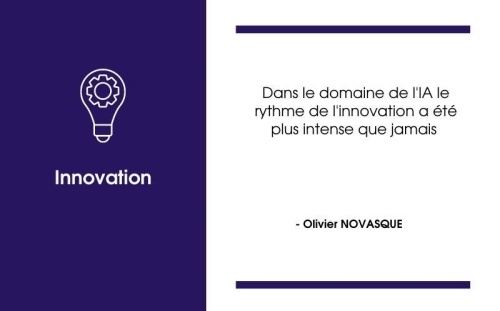
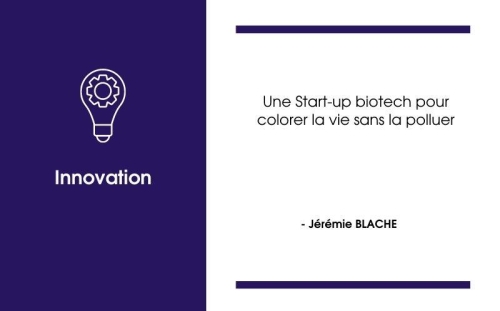
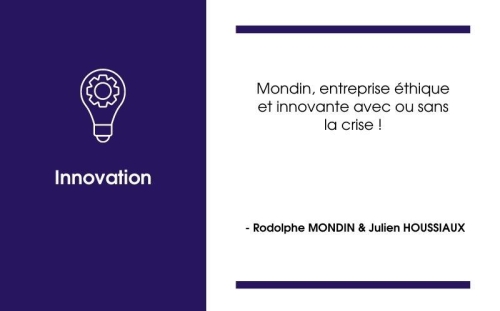
No comment
Log in to post comment. Log in.